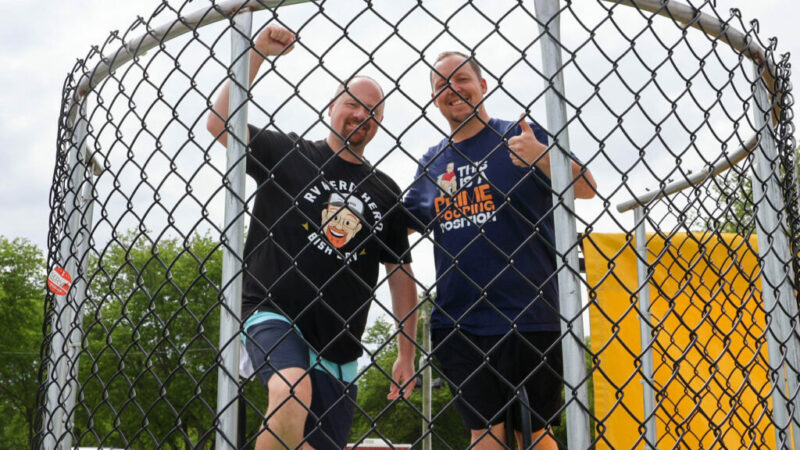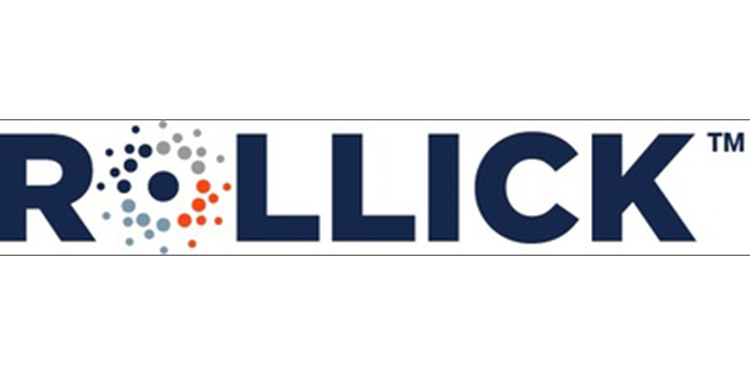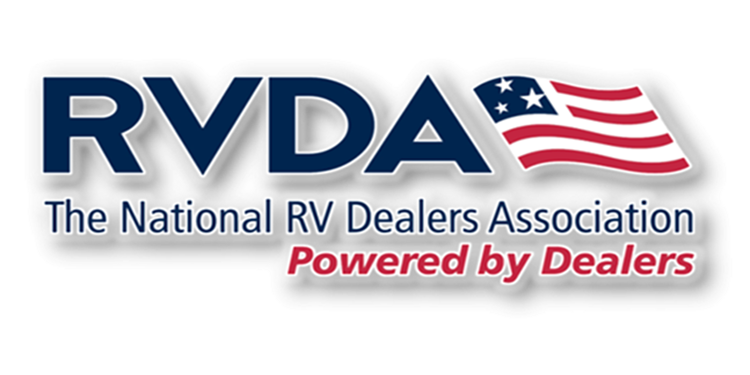Campground Market Softens; Brokers Optimistic About 2025 – RVBusiness – Breaking RV Industry News
The market for campgrounds and RV parks is softening as a result of higher interest rates and lower year-over-year occupancies involving both seasonal and transient guests, according to investors and RV park brokers across the country.
The ramifications of market softening don’t stop there, however. High interest rates and weaker occupancies are also slowing the pace of new park construction and expansion projects, brokers and investors say.
While different brokers have different assessments as to the severity of the market decline, only one broker told Woodall’s Campground Magazine, a sister publication of RVBusiness, that his firm’s business levels were as strong as they’ve ever been this year.
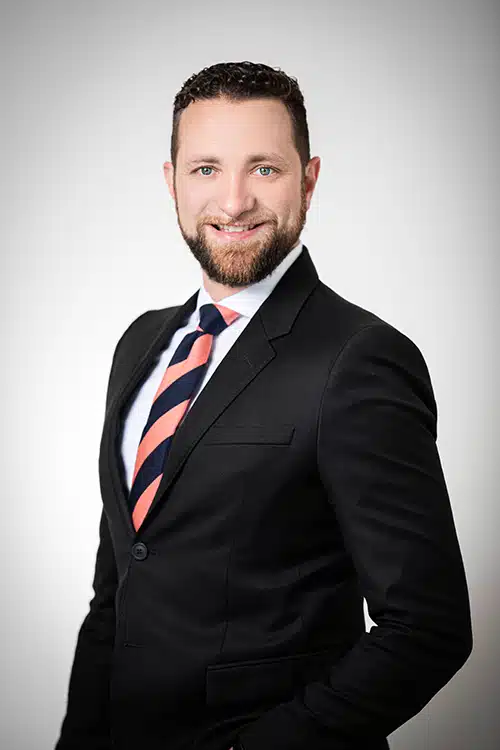
“Sales of RV parks are down 80%. That’s my assessment of the industry,” said James Cook, national director of brokerage for Yale Realty & Capital Advisors in Miami, Fla. “Most RV parks are down 3% to 5% in occupancy this year. I think that’s the average. We’re just in a different market where people are not as aggressively chasing RV parks as they were.”
Cook added that he has seen cases where sellers have been forced to reduce the prices of their parks during the underwriting process as it becomes apparent to underwriters that the financial data cannot justify the sale at the original price. He cited one case two years ago when the RV park selling price was originally listed at $14 million. It was subsequently reduced to $10 million as a result of changing market conditions and weakening financials.
Richard O’Brien, CEO of Athena Real Estate in Orlando, Fla., who also owns and operates 14 private parks under the Applebrook RV Parks brand, said some investors who purchased private parks during the pandemic are now trying to sell them because these parks are not producing the returns they envisioned when they acquired these properties.
“We’re seeing a lot of developers in the market trying to sell, while there is still reasonable capital in the market to buy,” he said.
John Sheedy, president of Park Brokerage and Commercial Real Estate, LLC in Phoenix, Ariz., has also seen signs of weakening in the RV park market.
“Transaction volume has slowed down mostly due to the spread between buyers and sellers,” he said, adding, “The majority of (transient) RV parks are lower on revenue than in previous years. More supply has been added to most markets, and a chunk of COVID-era travelers have gotten back on planes.”
Sheedy added that the majority of transactions he sees are “forced sales” involving a seller who has personal or financial reasons for selling, such as health or age.
Jesse Pine, of NAI Outdoor Hospitality Brokers in Basalt, Colo., said the market was markedly slower in 2024 than in 2023.

“To put into comparison, though 2024 was still similar to many years of pre-COVID RV real estate market — 2018 to 2020 — generally, the pace of selling a property was a bit slower this year, oftentimes with buyers needing extensions to close and financing contingencies common in most purchase contracts. Owners were faced with rising CAP rates — therefore, lower property values — in 2024 as the spread between interest rates and CAP rates was slim. Buyers had difficulty finding appealing returns and there was a gap between buyer and seller expectations. Values of properties could have declined this year due to overall lower income, rising CAP rates and buyers wanting higher cash on cash returns.”
Most brokers also note that rising interest rates have made it much more expensive to build new parks and expand existing ones.
“The cost to build is much higher than what it was two and a half years ago,” O’Brien said. “It is costing much more to construct sites. Consequently, there are some owners that have paused construction and are in a position where they are just tabling a project where they have entitlements.”
Falling occupancy rates are also making some investors and park developers reconsider the pace of their developments and whether it makes sense to do it now or take a wait-and-see approach.
“The return on investment capital is of concern,” O’Brien said, adding, “We have seen a number of transactions that have started development, but have not been built because of the cost to build.”
Pine has a similar perspective.
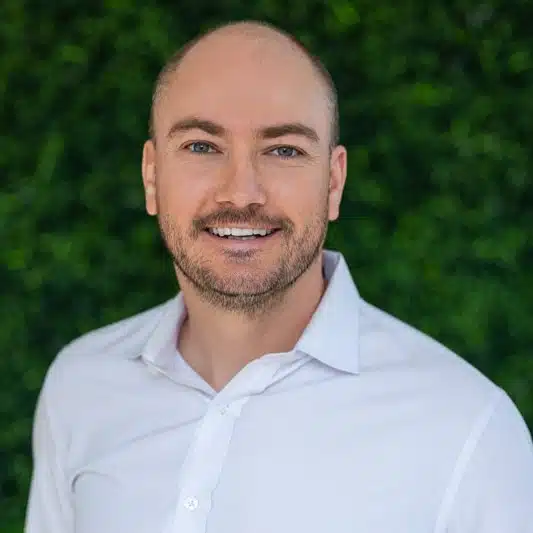
“Some development projects were delayed or halted altogether and may never break ground,” he said, adding, “High interest rates have put the brakes on some acquisitions of development land or expansion projects if the margins in their underwriting were already slim. The high cost of debt is a significant factor to the bottom line, especially in a development deal where holding costs can be several years and a new RV park may not make a profit ’til year two after it is stabilized with high occupancy.
“Generally high construction costs and lengthy and expensive entitlement processes are other major reasons developers cite as not wanting to begin a project, Pine continued. “Now the market is not as hot as 2021 or 2022, but those were very much peak years and the top of the market. The market is still good when you compare it to the last 20 years of averages. Today, buyers and developers are becoming a bit more cautious and very disciplined in their valuations and pro forma assumptions. They are building in higher reserves and not always counting on consistent year-over-year growth, but perhaps flat income growth for next year. With the election behind us and a new political direction, real estate markets tend to benefit from these shifts and look forward to consistency over the next four years.”
Not every brokerage firm shares the same perspective, however.
Mark Whitworth, president and associate broker with Parks and Places, which has offices in Tallahassee, Fla. and Grand Rapids, Mich., told WCM his firm has not seen any slowdown in market activity.
“I don’t think the market has slowed down much at all,” he said. “We have had 21 sales so far in 2024 with at least nine more scheduled to close before the end of the year. Thirty sales would be another good year for Parks and Places. We also have several parks scheduled to close in early 2025. On the values park owners are getting, our average for the 21 parks sold this year is a 9.3% cap rate with an average time on the market of 8.8 months. That was 8.2 months in 2023. It was just over 10 months in 2022 and 2021. That tells us there is still an increasing number of buyers willing to pay for a park that makes good financial sense for both the buyer and seller.”
On the topic of new park construction and park expansion, Whitworth said the same factors have always been at play.
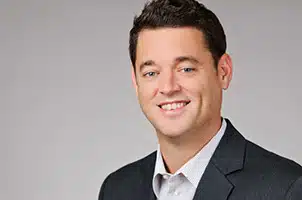
“From our perspective,” he said, “funding to build a new park has always been slow. There are numerous factors to consider, like the cost to purchase land, the cost of engineering plans, building material and labor costs, the extended time to build before the first camper arrives… etc. Then the a high likelihood that it may be several years before the park turns a profit. Those things have not changed much and building a new park is still considered to be a high-risk venture by most lending entities. If a park is already up, running, and turning a profit with an obvious need to expand, lenders will be much more likely to be on board to help with those costs.”
For her part, Jayne Cohen, president of the Campground Consulting Group, said it’s important to keep overall market trends in perspective, given the unprecedented industry boom that took place during the COVID-19 pandemic.
“RV park sales and expansions have slowed down post-COVID, but only when compared to pre-COVID and COVID times,” she said, noting, “We are not at a reasonable pace. Remember going into COVID there were record occupancies and double-digit increases in early 2020 before the COVID shutdown. The economic and financial climates as well as the overall slowdown and decrease in occupancy have eliminated the craziness. In addition, it took a moment for sellers to get back to reality and realize the hay days were over. There are still plenty of buyers for RV parks if the seller is reasonable and the numbers make sense. Interest rates are starting to fall, but the effect has not yet been truly realized. Seller financing or taking back a second mortgage has become a necessity in making some deals happen.”

Cohen also said campground and RV park development will continue.
“Developers develop regardless of the times – they simply shift their focus,” she said, adding, “We have a lot of projects in the planning and soft-cost stage, as I call it. These developments want to be ready to go when the economic climate and consumer demand shift. The election was holding folks back as many were concerned a Harris/Waltz leadership would be bad for the economy and inflation. Regardless of your personal political beliefs, there is excitement for a better economy and future with the Trump presidency.”
Indeed, real estate brokers are cautiously optimistic about 2025, particularly now that the election is behind us.
Randy Hendrickson, a broker with The Intrepid Group in Houston, Texas, said his business has picked up since the election.
“The market slowed down considerably in 2024, and many investors were sitting on the sidelines waiting, among other things, to see what the outcome of the election would be,” he noted. “Since the election, our phones have been extremely active and, in conjunction with the recent drop in interest rates, that’s adding more fuel. It does not mean that valuations of parks on the market have changed, however. Rather, investors are still underwriting conservatively. We are seeing an increased volume of calls from owners who are looking to sell now, so the drought (in sales) may be correcting.”
On another positive note, Cook said the private park industry continues to attract new investors from other industries.
“A lot of folks see the potential to consolidate and still see it as an inefficient industry with room to improve,” he said. “But they’re being very cautious and they’re not rushing in.”
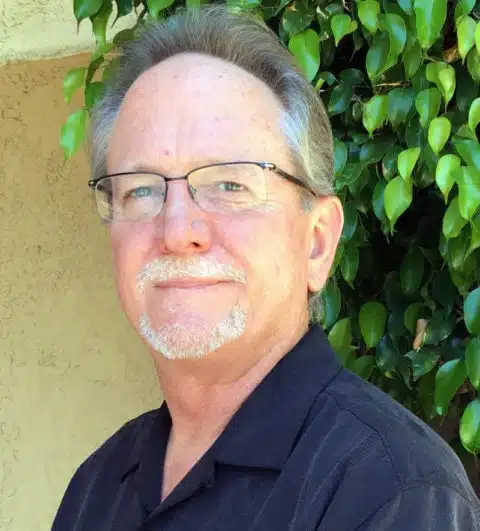
O’Brien, for his part, said caution is a good thing in today’s market environment.
“One must tread cautiously forward on a project-by-project basis,” he said. “Demand continues to be strong and rental rates have increased. But we’re coming off a highly inflationary period. We have to be cautious as to future rental rate growth, and especially cautious in developing in light of higher inflationary costs, higher interest rates, higher cap rates, and putting the slow button on rental rate increases.”
Pine also expects the transaction volume to pick up in 2025 compared to 2024.
“Sunbelt states continue to be popular for investors and campers alike,” he said, adding, “Increased financing options for buyers, along with stabilized interest rates, will help more buyers to transact next year,” he explained. “Private equity-backed buyers will also represent a larger contingent of the overall marketplace. There will be a portion of owners who want to exit for some of the same reasons as always — age, need to move, lifestyle changes, investment sales — but there will likely also be an increase of sales due to strained financial pressures. Some parks will also need to be refinanced this year which may make continued ownership implausible.”
Sheedy, for his part, doesn’t anticipate any significant improvement in the market anytime soon.
“I don’t expect transaction volume or pricing to improve until there’s more stability with treasuries, which drive borrowing rates. Pricing, I don’t think, will be dramatically different for at least four to five more years than it is today.,” he said, adding, “There’s basically no bid for parks or campgrounds that are in soft markets.”
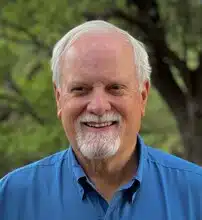
Russell Baehre, of Baehre Real Estate in Kerrville, Texas, has his own sobering assessment of market conditions as he looks into the future.
“The market is 2008 slow,” he said, “(first in) anticipation of the election, and now (in) anticipation of what is to come in 2025. Plus, (having) about 9% commercial interest rates has most buyers and builders stalled. Also, sellers of good parks know when rates go down their park will be worth more. I was looking and, just in Texas, I counted over 200 parks for sale. Some have been on the market for 365 to 600 days. Most we would never list.”
Baehre also complained that inexperienced brokers “new to the outdoor hospitality industry have listed parks and overpriced them.
“I think the economy is worse than the Fed thinks,” he said. “We already know employment numbers are tainted. So, one way or another, rates will come down in 2025.”


